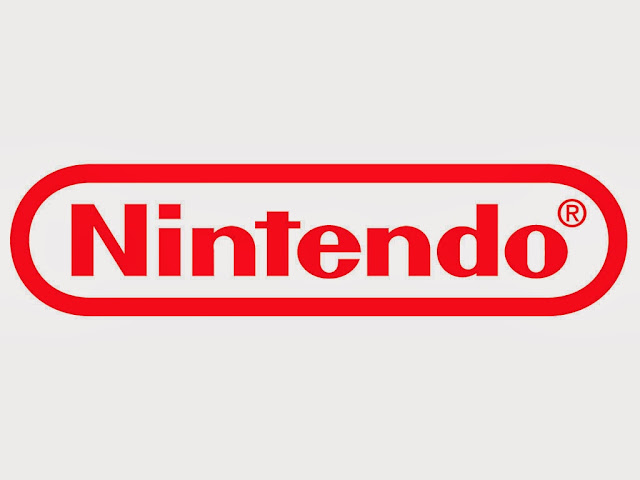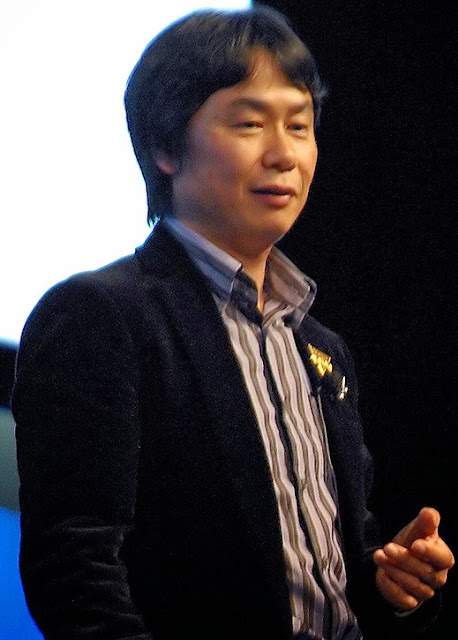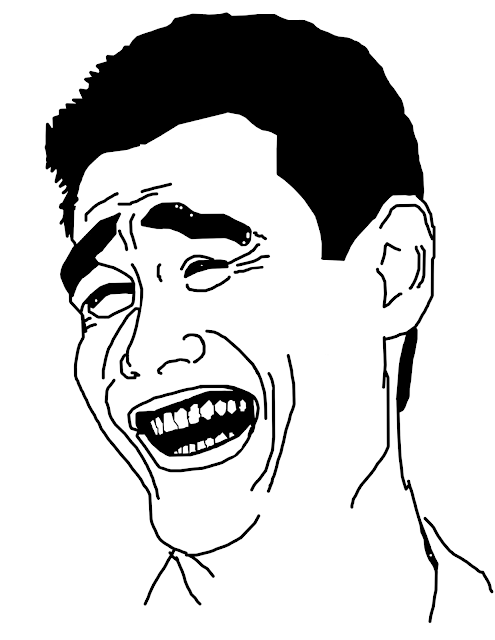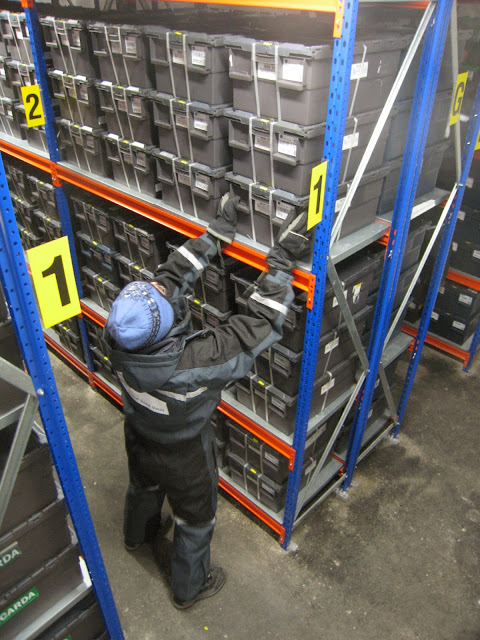Many rhetorical questions do little to excite my imagination. When someone asks me what the sound of one-handed clapping is, I show them. It makes a sound. That's silly. When I'm asked whether a tree falling in the woods without anyone around to hear it make a noise, the answer is perfectly obvious to me. It's not space. There's oxygen. So yes, of course it does. That's a rather self-centered question to ask, Mr. Pretentious Philosophy Major.
I know that I'm not really addressing the point of the questions, but they just don't make me stop and think as much as they're supposed to. Not when there's actually a fairly logical answer. But there is one hypothetical that always gets into my head and crosses a few wires. They call it the Ship of Theseus.
Here's how the scenario goes according to Plutarch, who is the earliest source we have of the issue:
In simpler terms, and in the form of a question (since I established the implicit promise of a question back in the first paragraph): If you repair a ship by replacing rotted timbers little by little, at which point (if any) can you say it is no longer the same ship? Thomas Hobbes sweetened the pot a few centuries later by adding this sub-question: If you make a new ship with the remnants of the wood as you make the repairs, which ship (if either) could truly be called the original?
I don't even know where to go from here. Defining an object is hard enough with the Ship of Theseus paradox. Defining ourselves, though?
"The ship wherein Theseus and the youth of Athens returned from Crete had thirty oars, and was preserved by the Athenians down even to the time of Demetrius Phalereus, for they took away the old planks as they decayed, putting in new and stronger timber in their place, in so much that this ship became a standing example among the philosophers, for the logical question of things that grow; one side holding that the ship remained the same, and the other contending that it was not the same."
In simpler terms, and in the form of a question (since I established the implicit promise of a question back in the first paragraph): If you repair a ship by replacing rotted timbers little by little, at which point (if any) can you say it is no longer the same ship? Thomas Hobbes sweetened the pot a few centuries later by adding this sub-question: If you make a new ship with the remnants of the wood as you make the repairs, which ship (if either) could truly be called the original?
I believe the technical term for the result of thinking about this question is "a mindfuck." You may already be seeing why this crawls into my head and embeds itself so thoroughly. I'm sure many of you terrific, intelligent, and downright handsome readers have heard at some point that the cells comprising the human body are completely replaced every 7-10 years. That's not exactly true of all our cells, but it's true of a lot of them.
So at which point do our bodies (or at least much of our bodies) become not our original bodies? I mean...when you're born, you look really goddamn different from when you turn ten. You have the same memories and experience, but most of your body is completely new. When you're twenty, the same thing happens. Your body is more or less completely new.
I don't even know where to go from here. Defining an object is hard enough with the Ship of Theseus paradox. Defining ourselves, though?
Holy shit.
















